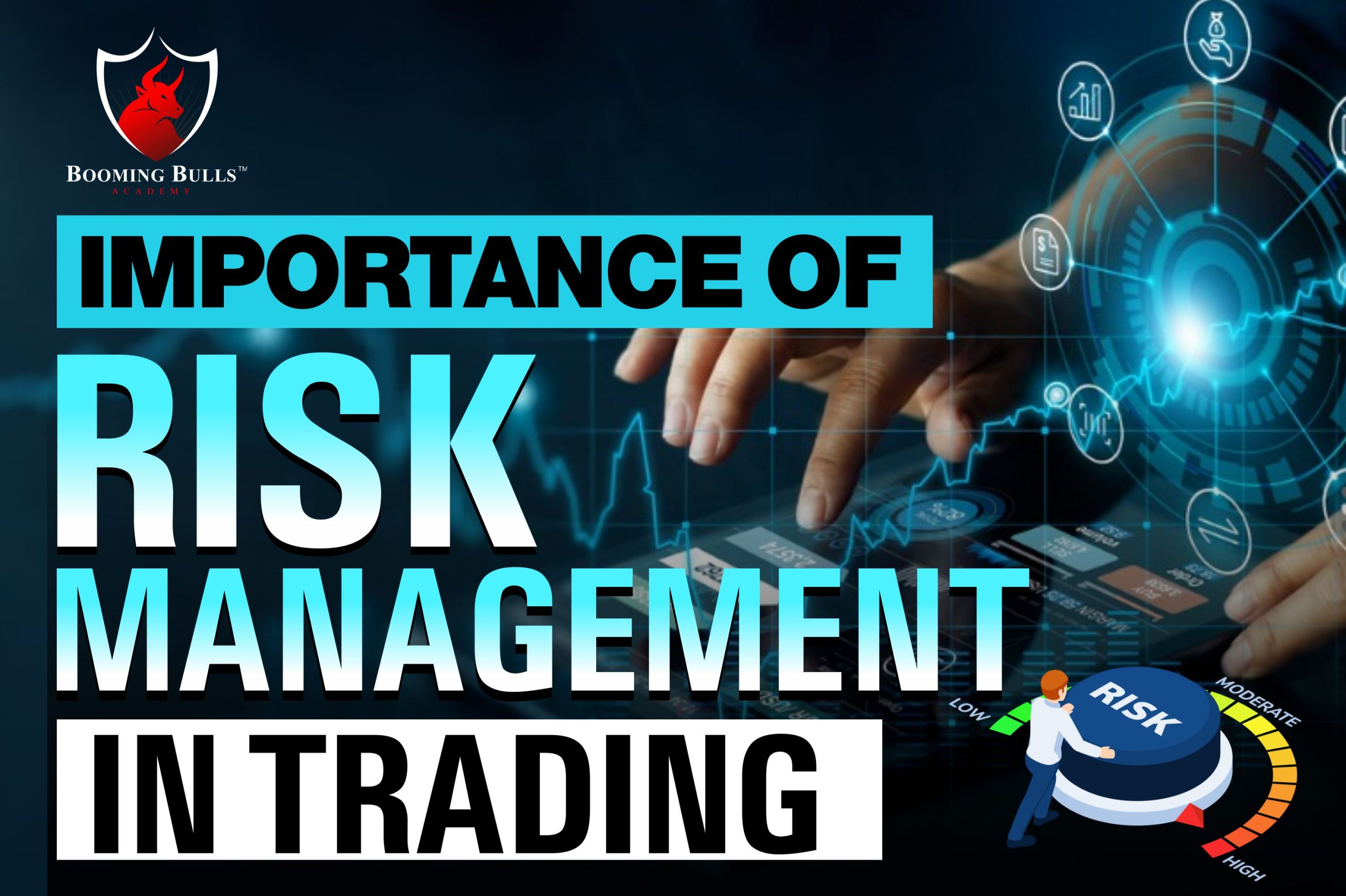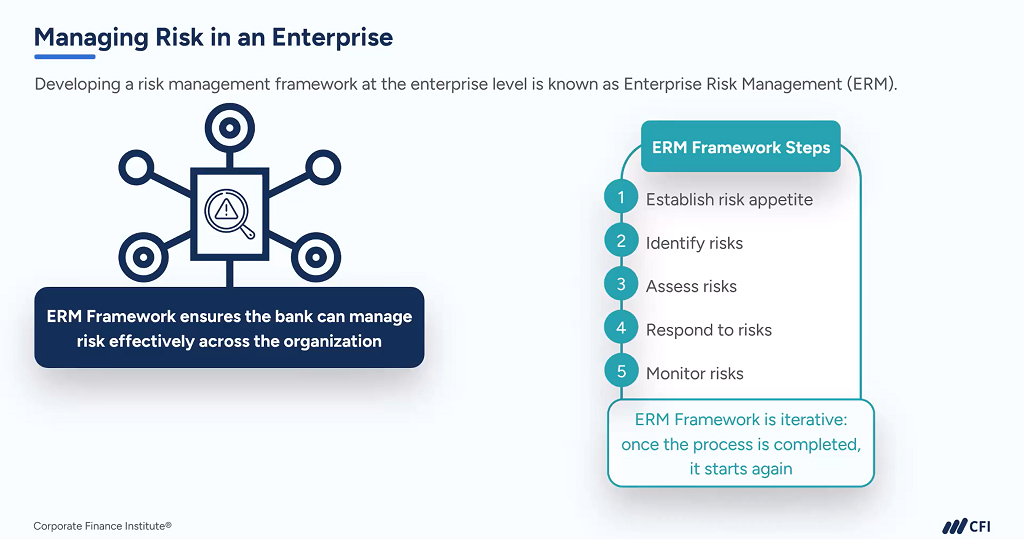Unlocking the True Importance of Risk Management for Long-Term Growth
Unlocking the True Importance of Risk Management for Long-Term Growth
Blog Article
The Significance of Comprehending the Value of Risk Management in Various Industries

The Core Idea of Risk Management and Its Purpose
Risk Management, the foundation of several sectors, hinges on the identification, assessment, and mitigation of unpredictabilities in an organization atmosphere. By correctly identifying potential dangers, services can establish methods to either stop these dangers from taking place or reduce their influence. As soon as risks have been identified and assessed, the mitigation procedure entails developing methods to minimize their potential influence.
Benefits of Implementing Risk Management in Service Operations

Introducing the Role of Risk Management in Different Industries
While every sector faces its one-of-a-kind set of dangers, the execution of Risk Management methods remains a common measure in their search of sustainability and growth. In the healthcare field, Risk Management requires making sure patient security and data security, while in finance, it entails mitigating financial investment dangers and making certain regulative conformity (importance of risk management). Building and construction business concentrate on worker security, project hold-ups, and budget plan overruns. In the technology industry, firms alleviate cybersecurity threats and modern technology obsolescence. Eventually, the function of Risk Management across sectors is to determine, evaluate, and mitigate threats. It is an important component of tactical preparation, making it possible for organizations to shield their assets, make the most of opportunities, and achieve their purposes.
Real-life Study Showing Effective Risk Management
To recognize the relevance of Risk Management in these numerous fields, one can aim to numerous real-life circumstances that show the effective application of these measures. In the power sector, British Petroleum developed Risk reduction plans post the 2010 Gulf of Mexico oil spill. They executed better safety treatments and stricter regulations which considerably decreased further accidents. In money, Goldman Sachs successfully navigated the 2008 monetary situation by determining possible mortgage-backed safety and securities risks early. Last but not least, Toyota, post the 2011 quake in Japan, changed its supply chain Management to decrease interruption dangers. These cases demonstrate just how sectors, gaining from situations, successfully applied Risk Management approaches to decrease future dangers.
Future Fads and Growths in Risk Management Approaches
As Read Full Report the world remains to progress, so too do the patterns and advancements in Risk Management techniques. Fast advancements in technology and data analytics are improving the Risk landscape. Big information and AI are currently crucial in predicting find out this here and alleviating dangers. Organizations are leveraging these devices to develop anticipating versions and make data-driven choices. Cybersecurity, as soon as an outer worry, has actually catapulted to the center of Risk Management, with approaches concentrating on avoidance, discovery, and action. The combination of ESG (Environmental, Social, Governance) elements into Risk Management is another growing fad, mirroring the raising acknowledgment of the function that social and environmental threats play in organization sustainability. Hence, the future of Risk Management hinges on the blend of sophisticated innovation, innovative strategies, and an all natural strategy.
Conclusion
In verdict, recognizing the relevance of Risk Management throughout a spectrum of markets is critical for their longevity and success. Ultimately, effective Risk Management contributes to more browse this site durable and sustainable services, highlighting the value of this technique in today's dynamic and highly affordable business environment.
While every sector challenges its one-of-a-kind collection of dangers, the implementation of Risk Management approaches continues to be an usual in their pursuit of sustainability and growth. In the healthcare sector, Risk Management requires ensuring patient safety and security and information defense, while in financing, it includes mitigating investment risks and ensuring regulatory conformity. Eventually, the duty of Risk Management across markets is to determine, evaluate, and reduce threats. These instances demonstrate how markets, learning from crises, properly applied Risk Management techniques to reduce future threats.

Report this page